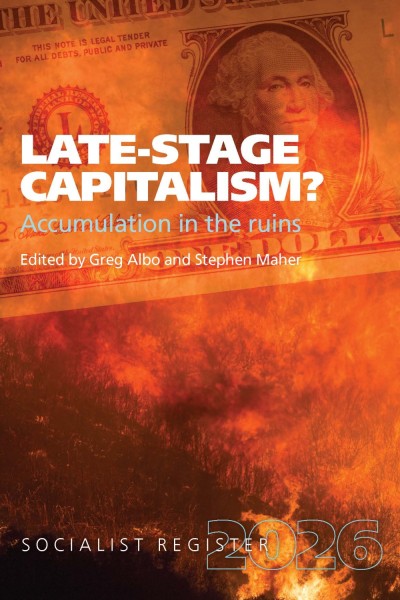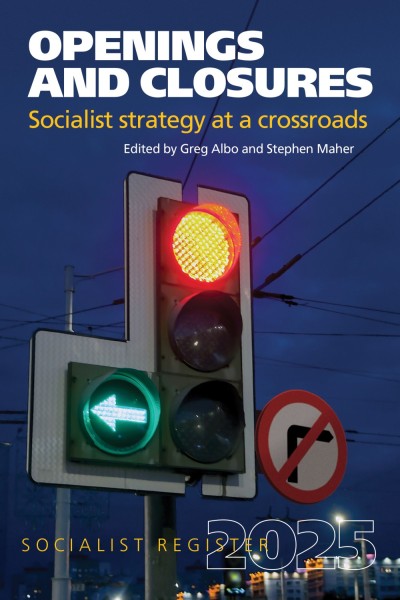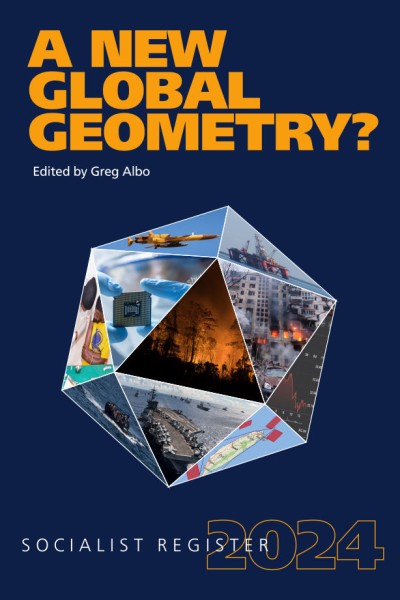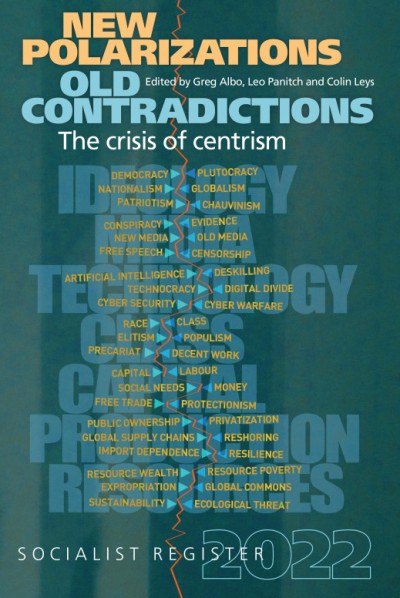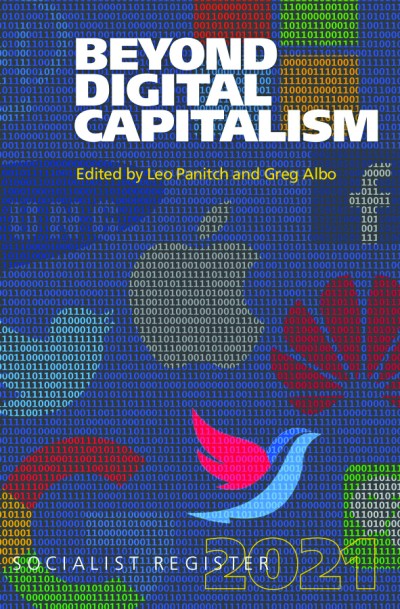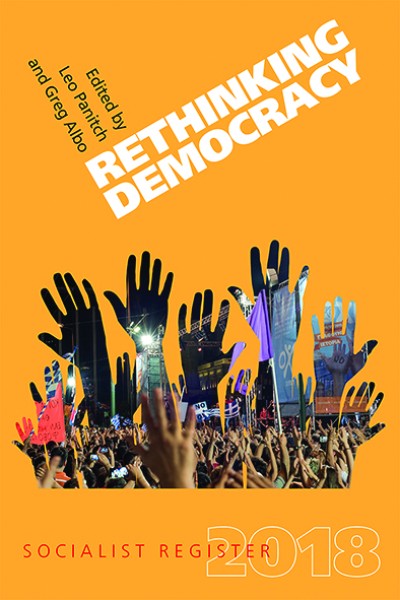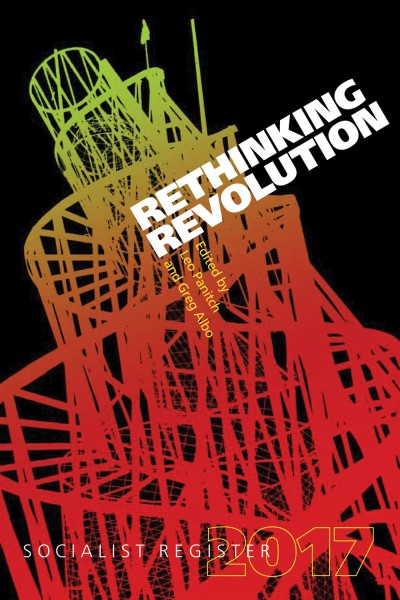
The Socialist Register 2011
The Crisis This Time
The challenge for socialist analysis is to reveal both the nature of the contradictions of capitalism in the neo-liberal era of globalized finance, and their consequences in our time. Crises need to be understood as turning points that open up opportunities.
About the book
The challenge for socialist analysis is to reveal both the nature of the contradictions of capitalism in the neo-liberal era of globalized finance, and their consequences in our time. Crises need to be understood as turning points that open up opportunities.
What implications does the crisis this time have in terms of capitalist economic and political restructuring? What possibilities do these open up for the revival of capital accumulation and the renewal of its political forms?
Does it portend the end of neo-liberalism? How do we understand the role of states in containing the crisis? Why have ruling class divisions been so marked by their absence? What has been the direct impact of the crisis for labour and other subordinate classes around the world? What additional costs will they be expected to bear as capitalists states prepare their ‘exit strategies’? Can working classes reverse the pattern of defeat in recent decades, build new capacities, and impose their own template for types of economic and political renewal that can put back on the agenda the need to transcend capitalism itself?
How to facilitate this is the sharpest challenge posed to socialists by the most severe global economic crisis since the 1930s.
Contents
- Crisis and empire: the economic crisis and the American state (Leo Panitch & Sam Gindin)
- Crisis of neoliberalism or crisis in neoliberalism? (Alfredo Saad Filho)
- Understanding the global economic crisis: finance, labour and neoliberalism (Hugo Radice)
- The crisis in historical perspective (Anwar Shaikh)
- A new period of crises? Overaccumulation, finance and the world economy (David McNally)
- Wall Street before and after the crisis (Doug Henwood)
- Weathering the storm: families and the economic crisis (Johanna Brenner)
- Modes of mystification: Political obstacles to democratic reform of UK finance (Michael Moran, Julie Froud, Adriana Nilsson & Karel Williams)
- The contradictions of the great recession in Europe (Riccardo Bellofiore)
- A loyal retainer? Japan, crises and the perpetuation of US hegemony (R. Taggart Murphy)
- China’s crisis (Ho-Fung Hung)
- Mixing oil and finance: the crisis and the Gulf states (Adam Hanieh)
- The crisis in South Africa (Ben Fine, Samantha Ashman & Susan Newman)
- Cannibalistic capitalism: the paradoxes of pension securitization (Susanne Soederberg)
- Carnival of fetishism: financial crisis and climate crisis (Larry Lohmann)
- Capital’s future security: derivatives in and after the crisis (Dick Bryan & Michael Rafferty)
- The crisis and global restructuring of labour: public sector in the firing line (Ursula Huws)
- Rescue strategies, exit strategies, political strategies (Greg Albo)


